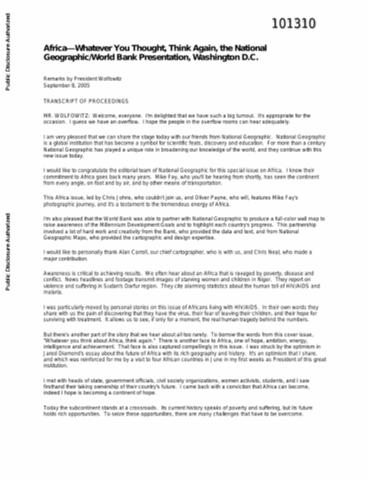Land Registration and Women’s Land Rights in Amhara Region, Ethiopia
Covers land-tenure system in Amhara Region, the land rights registration process, women’s access to and control of land, land use by men and women, marital property rights, inheritance rights, female-headed households, legal services, conclusions and recommendations.



